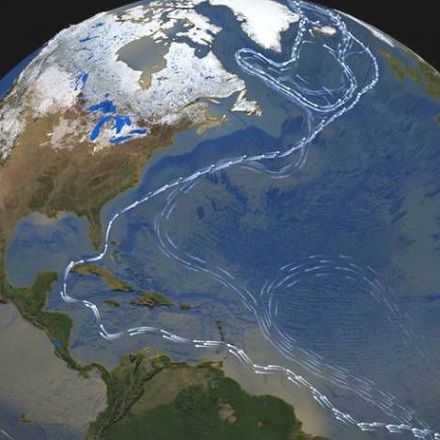

7 years ago
5
New study linking warming with disrupted Atlantic flow has scientists “grumpy”
Recent paper makes a big claim, but other scientists are unconvinced.
Continue Reading
Additional Contributions:






















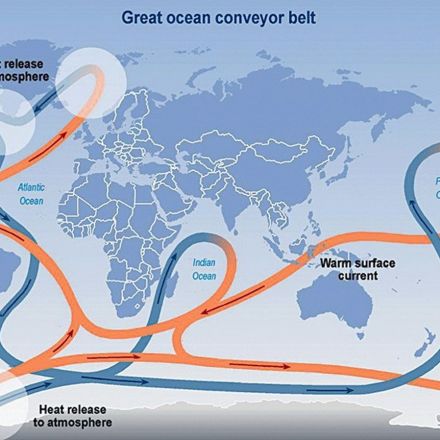
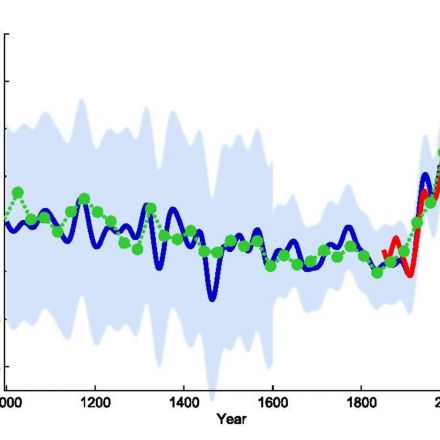
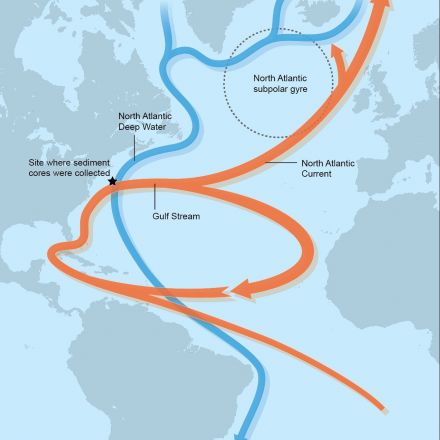

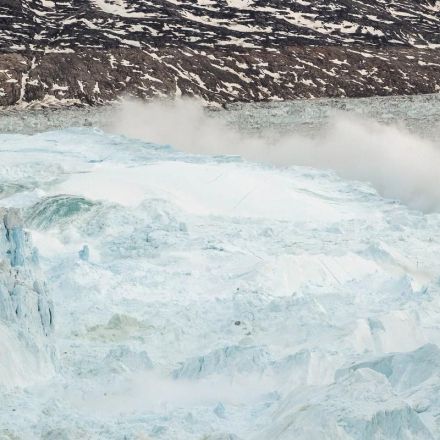
Join the Discussion
It does not seem to explain high levels of CO2.
That's beyond the scope of this subject being that's settled science. This is about understanding and anticipating the now-inevitable impact of anthropogenic global warming, not explaining away the very banshee call of CO2 level data.
Maybe you misread the article. It actually says, that human impact might be not as big as we thought.
It basically assumes that warming we see during latest time might in large part be not a result of human intervention, but a natural long-term process.
At a glance, Chen and Tung suggest that half of the heat caused by rising atmospheric greenhouse gas levels is being stored in the depths of the North Atlantic. It's dead certain that heat is rising, what with anthropogenic global warming and all. We're not starting there, are we? Seems to me like you noticed yourself they're not handwaving away recent atmospheric composition data.
You're so right, also, that I may very well have this wrong, but aren't they saying when the Atlantic Meridional Overturning Circulation is strengthening, surface global warming slows? In mind of the fact that stored heat is rising due to anthropogenic global warming, aren't they saying when the AMOC is weakening, surface global warming speeds up? Rapidity seems relevant today.
Apparently there may be some periodic oscillation going between the North Atlantic and the Southern Ocean? I mean, sure they interpolated a great deal of not very much AMOC data, but really that's just as well because mostly we've got such shit data in the first place. I'm not finding that all that too hard to imagine. Have I much misread it? You tell me.
Article says what it says: there is human global warming, but it might be linear, not accelerating. Whether you misread it or not is your own call. Some people read what they want.
For me it is the most important part, because it is what shapes current and future decisions. If we can do something about global warming with reasonable means and with meaningful results, then we should. However if doing something about it is too expensive, then it might not be worth doing something right now.
And this article, by saying that a substantial part of warming is not related to human activities decreased the potential result of doing something about global warming.